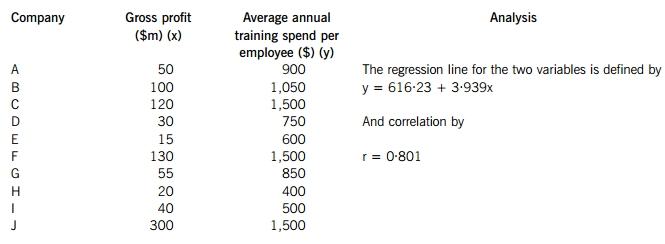Understanding Non-QM Loans: A Comprehensive Guide to Non-Qualified Mortgage Options
#### What is a Non-QM Loan?A Non-QM Loan, or Non-Qualified Mortgage, refers to a type of mortgage that does not meet the standard criteria set by the Consum……
#### What is a Non-QM Loan?
A Non-QM Loan, or Non-Qualified Mortgage, refers to a type of mortgage that does not meet the standard criteria set by the Consumer Financial Protection Bureau (CFPB) for qualified mortgages. These loans are designed for borrowers who may not fit the traditional mold, including self-employed individuals, those with irregular income, or those with a credit history that does not meet conventional standards. Non-QM loans provide flexibility in terms of underwriting and can open doors for many who are seeking financing options.
#### The Rise of Non-QM Loans
In recent years, Non-QM loans have gained popularity as the housing market has evolved. With more people entering the gig economy and seeking alternative income sources, traditional lending criteria have become restrictive for many potential homeowners. Non-QM loans cater to this demographic, allowing for a broader range of income verification methods and credit assessments. This shift has led to an increase in lenders offering non-QM products, making them more accessible to a wider audience.
#### Benefits of Non-QM Loans
One of the primary advantages of Non-QM loans is their flexibility. Borrowers can benefit from various features, including:
1. **Alternative Income Verification**: Non-QM loans often allow borrowers to use bank statements, asset depletion, or other non-traditional documentation to verify income.

2. **Higher Debt-to-Income Ratios**: Unlike conventional loans, Non-QM loans may permit higher debt-to-income ratios, making it easier for borrowers to qualify.
3. **Interest-Only Payment Options**: Some Non-QM loans offer interest-only payment plans, allowing borrowers to manage their cash flow more effectively.
4. **Loan Amounts**: Non-QM loans can cater to larger loan amounts, making them ideal for high-value properties.
#### Who Should Consider a Non-QM Loan?
Non-QM loans are particularly beneficial for certain groups of borrowers:
- **Self-Employed Individuals**: Those who own their businesses may find it challenging to provide the traditional documentation required for conventional loans.

- **Real Estate Investors**: Investors looking to finance multiple properties can leverage Non-QM loans to expand their portfolios.
- **Borrowers with Unique Financial Situations**: Individuals with non-traditional income sources, such as freelancers or those with seasonal employment, may find Non-QM loans to be a viable option.
#### Potential Drawbacks of Non-QM Loans
While Non-QM loans offer several advantages, they also come with potential drawbacks that borrowers should consider:
1. **Higher Interest Rates**: Non-QM loans may carry higher interest rates compared to conventional loans, reflecting the increased risk to lenders.
2. **Less Regulation**: The lack of regulation in the Non-QM market can lead to variability in terms and conditions, making it essential for borrowers to conduct thorough research.

3. **Prepayment Penalties**: Some Non-QM loans may include prepayment penalties, which can affect borrowers' ability to refinance or pay off their loans early.
#### Conclusion
Non-QM loans represent an important segment of the mortgage market, providing options for borrowers who may not qualify for traditional financing. With their flexibility and diverse offerings, these loans can help many achieve their homeownership dreams. However, it is crucial for potential borrowers to weigh the benefits against the drawbacks and conduct thorough research before committing to a Non-QM loan. Understanding the intricacies of these loans can empower borrowers to make informed decisions that align with their financial goals.